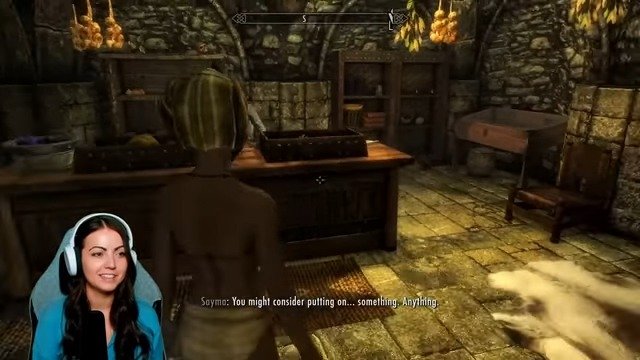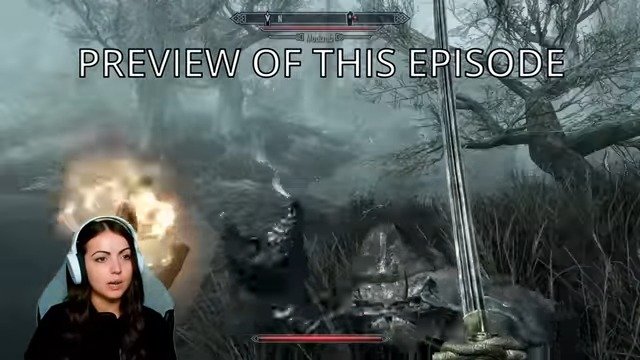How do you avoid proportion problems? In most cases, it's quite simple: pay attention.
Most larger proportion problems can be avoided if you pay attention to your story. After all, if you spend a great deal of time on a given character or plot element, for whatever reason, your readers naturally assume this element plays an important role in the story. So if the character you spend time on turns out to be insignificant or if you never follow up on the plot element you set up in such detail, readers are going to feel cheated.
Properly proportioned does not mean textureless. There is always room for philisophical asides that reveal the narrator's character, subplots that may resonate with the main plot, forays into odd corners of background that make the fictional world more three-dimensional. The trick is telling the difference between digressions that harmonize with the story (even in odd and mysterious ways) and those that hang on the story like limpets.
One technique for telling the difference is to approach your work as if you were reading it for the first time. This isn't easy to do, of course—which is why editors come in so handy—but you can gain some objectivity if you walk away from your writing for a few days or weeks. When you come back, print out a scene or chapter and read it over. The idea is to react to the scene like a reader, not a writer, so you'll get better results if you read hard copy rather than on-screen. That way you don't have the temptation to fiddle with the text as you read. Instead, you can ask yourself what interests you the most, what really comes to live, what involves and intrigues. What moves or fascinates or disturbs or pleases you? Note your reactions in the margins or on Post-It slips. Don't analyze your reactions—you'll miss the subtle and mysteriously resonating stuff. And don't make any changes. Yet.
Once you've figured out what you like, take a look at what's left. Is it really needed? Does it add? (It can add without being needed in an obvious way.) Should it be shorter? Longer? This simple process can be surprisingly effective, because what interests you the most is very often what's going to be of most interest to your readers. If you feel uncomfortable with the number of observations made by a character, then your reader's reaction is likely to be at least as negative as yours.
And be prepared for surprises. If most of what you enjoyed doesn't obviously advance your plot, then maybe you need to change your plot. Clearly you're trying to write a story around the elements that grab you the least, and that's not going to work. It's far better to rewrite your story in a way that makes use of the good stuff than to simply use your story as an excuse for writing the good stuff. In the end, you want to be able to cut most of what doesn't interest you and still have an intact, flowing plot made up of the stuff that does.
You can avoid smaller-scale proportion problems by paying attention to your characters. When you're writing from an intimate point of view, your viewpoint character's interest at the moment should control the degree of detail you put into your description. If your hero is fleeing from a Weedwacker-wielding madman, you can show his panic by describing the passing scenery in the blurriest of details. If your heroine is fighting a Weedwacker-wielding madman, you can show her focused attention by describing the battle in precise detail. In fact, allowing your viewpoint character's interest of the moment to control your descriptive detail is another way of writing from an intimate point of view.






